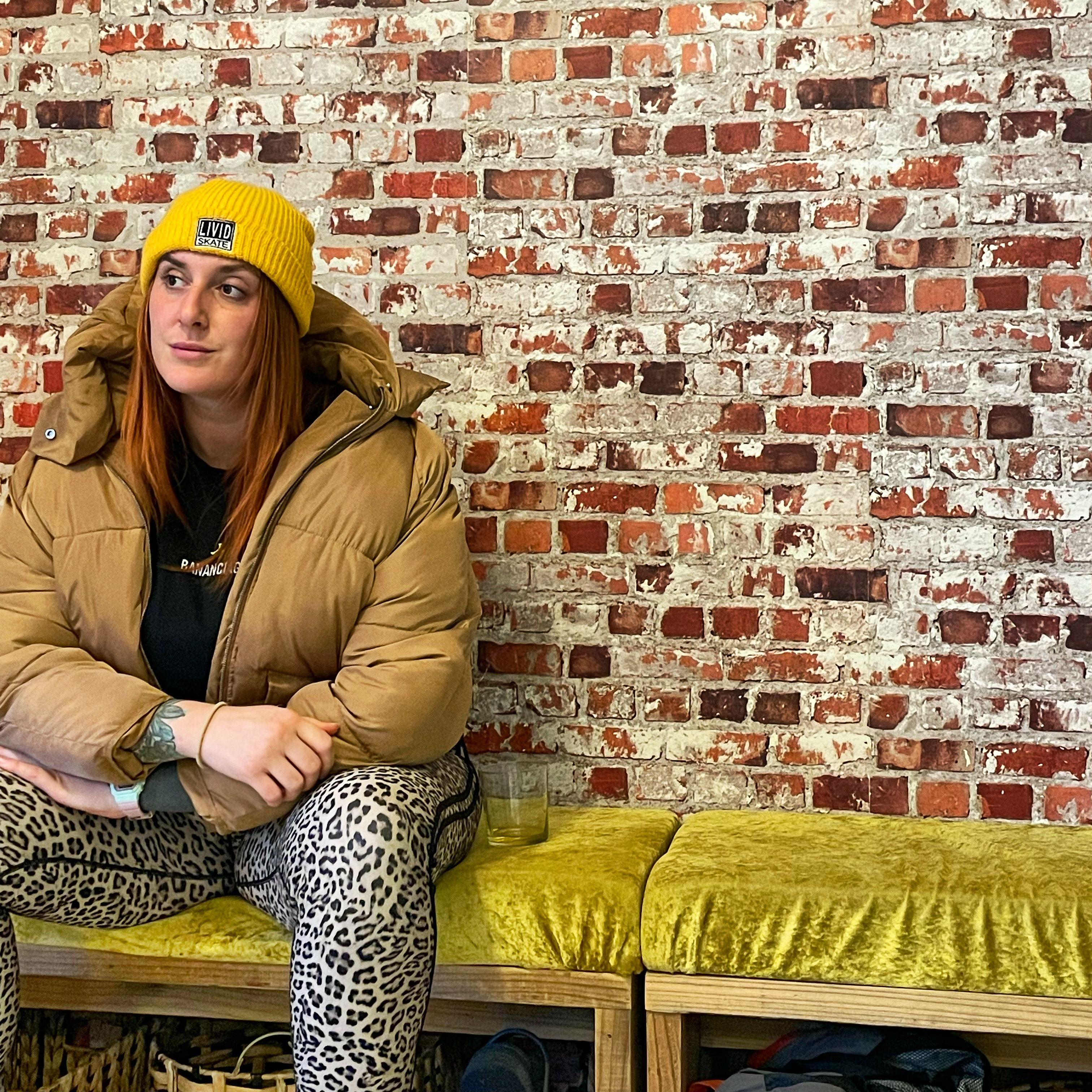I've spent most of my life armoured which has protected me from the strikes of grief. Keeping people at arm's length and wearing my busy badge of honour has protected me from the human right of passage of despair, grief and deep loss.
Somewhere over the years the chinks in my armour have become vulnerable holes, allowing me to receive the odd strike. I've also removed the odd piece of metal covering to let the wrong, and right, people in, leaving me wilfully exposed to the attacking spectrum of human emotion. It's a double edged sword, to experience the broadness and extremes of love and loss, joy and suffering, closeness and abandonment, fucking around and finding out.
I found out that the grief I thought I was avoiding was leaving a virus on my armour, waiting for an open wound to get into my blood. I thought my emotional unavailability and avoidance was an antiviral, sterile skin barrier but I was wrong. If I had let it all in at the time, perhaps my immune system would have built antibodies and I might have had a few symptoms before building resilient, but this year it just hit me all at once and it sent me into a mental-emotional-spiritual ICU.
If you could die at 33 with a broken heart, I'd have been long gone in March. I've died countless times since then.
I've grieved it all, old and new and it makes me want to dress like a widow in mourning for my formative moments.
So what does this have to do with love?
I'll start with my favourite quote on grief:
"Grief, I’ve learned, is really just love. It’s all the love you want to give, but cannot. All that unspent love gathers up in the corners of your eyes, the lump in your throat, and in that hollow part of your chest. Grief is just love with no place to go."
Jamie Anderson
When we expand our capacity for love, we expand our capacity for grief. I believe that if you love a little, you grieve a little, if you love a lot, you grieve a LOT.
Every time I've grieved this year, my community have held me a little tighter, and I've let myself be held a little longer. Every time I've grieved this year I've opened my eyes, ears and heart to more presence and more gratitude. Every time I've grieved this year I've become a little more vulnerable and therefore a little more powerful.
Common themes in yoga, meditation and somatics / trauma processing err to this idea of broadening the qualities of the heart, and building our capacity to hold space, to love, to open, to connect and to heal.
 Those who have let themselves feel loss, have let them feel love. Those who have lost and loved, know how to love more.
Those who have let themselves feel loss, have let them feel love. Those who have lost and loved, know how to love more.
The final stage of the grieving process is acceptance and I think that the more acquainted we become with grief, the faster we move through the rest of the stages to reach acceptance.
Acceptance in a loss you're expecting is a little easier because you have time to process, however, acceptance in an unexpected loss is a battle because sometimes it means acknowledging that whatever you did was not enough, and it would never have been enough, which rubs on the thorn in all of our sides that says " I am not enough."
But the reality is, our enoughness is not measured by the beholder. We are all inherently enough. We are born "enough" yet we spend our lives looking for confirmation bias that we are not. Our "not enoughness" has nothing to do with us and everything to do with the capacity of the other. People can only love us, or stay as long as their own capacity allows. To accept loss is not to accept you aren't enough, but to accept that they didn't have enough capacity to see, hold and accept all of our enoughness.
Grief and loss is not the end of love. As much as we want to put on some shiny new armour to protect our hearts better, we must prevail and leave our hearts wide open with all of our enoughness on display, and someday, someone - whether it be a friend or a lover, will have the capacity to love you and to grieve with you over and over.
I'll leave you with this quote:
“To love someone long-term is to attend a thousand funerals of the people they used to be,” the quote by psychology writer Heidi Priebe reads. “The people they’re too exhausted to be any longer. The people they don’t recognise inside themselves anymore. The people they grew out of, the people they never ended up growing into. We so badly want the people we love to get their spark back when it burns out; to become speedily found when they are lost.”
In love and in grief,
Eve
